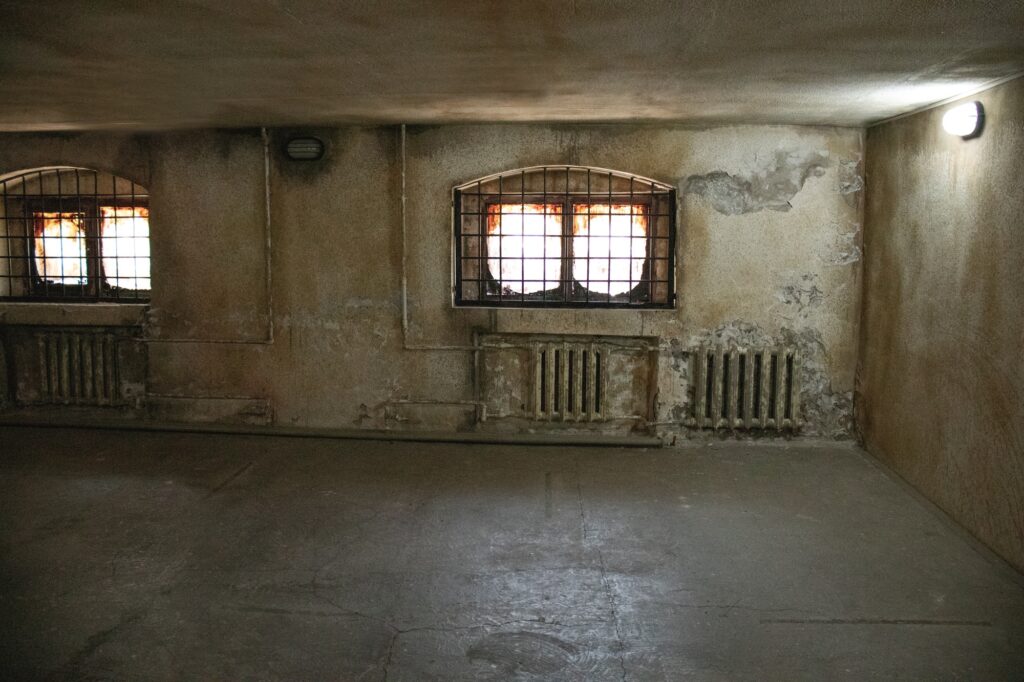Key Takeaways:
- Italy plans to establish migration centers in Albania to manage the increasing number of migrants arriving by sea.
- The initiative has encountered legal hurdles, including court rulings delaying the transfer of migrants to these centers.
- Italy’s government, led by Prime Minister Giorgia Meloni, has committed €650 million over five years to fund this project.
- The European Union has expressed support for Italy’s initiative, but individual court cases continue to complicate its implementation.
- Deputy Prime Minister Matteo Salvini was acquitted of charges from 2019, further empowering the government’s hardline migration policy stance.
Italy is pushing forward with a bold and controversial plan to address the ongoing migration crisis by establishing processing centers in Albania. Prime Minister Giorgia Meloni’s administration envisions these centers as a critical step in managing the influx of migrants who often undertake perilous sea journeys to reach Italian shores. Despite the challenges, the Italian government is resolute, earmarking €650 million over five years to support this ambitious project.
Legal Challenges and Setbacks
However, the initiative has faced significant legal obstacles. Italian courts recently invalidated the transfer of the first groups of migrants to the proposed centers. Judges argued that some migrants’ individual circumstances were not fully considered, creating a legal precedent that complicates Italy’s efforts. While the Italian Supreme Court clarified that judges cannot unilaterally overturn government policy regarding designated “safe” repatriation countries, lower courts retain the authority to review cases on an individual basis. This nuanced legal environment underscores the complexity of balancing judicial independence with governmental policy.
Regional and EU Dynamics
The plan has also attracted the attention of the European Union, which has expressed conditional support for Italy’s approach. The EU, grappling with its own migration policies, sees Italy’s initiative as a potential model for cooperative solutions involving non-EU countries. Albania, a candidate for EU membership, plays a pivotal role in this arrangement, leveraging its geographic position and its aspirations to strengthen ties with Europe.
Salvini’s Acquittal and Political Implications
In a related development, Deputy Prime Minister Matteo Salvini was acquitted of charges stemming from his controversial decision in 2019 to block migrant rescue ships from docking in Italian ports. Salvini’s acquittal has emboldened Italy’s hardline approach to migration, further reinforcing the Meloni administration’s resolve.
Broader Implications
The establishment of these centers represents a significant shift in how Italy and potentially other EU countries might address migration. Critics argue that outsourcing migration processing could lead to human rights abuses, while supporters claim it offers a practical solution to a complex and politically charged issue.
In my opinion, while the plan demonstrates Italy’s commitment to tackling the migration crisis, its success will hinge on maintaining a delicate balance between effective policy enforcement and respecting international human rights standards. The ongoing legal challenges also highlight the necessity of ensuring that such initiatives align with the rule of law and broader EU principles.
#










